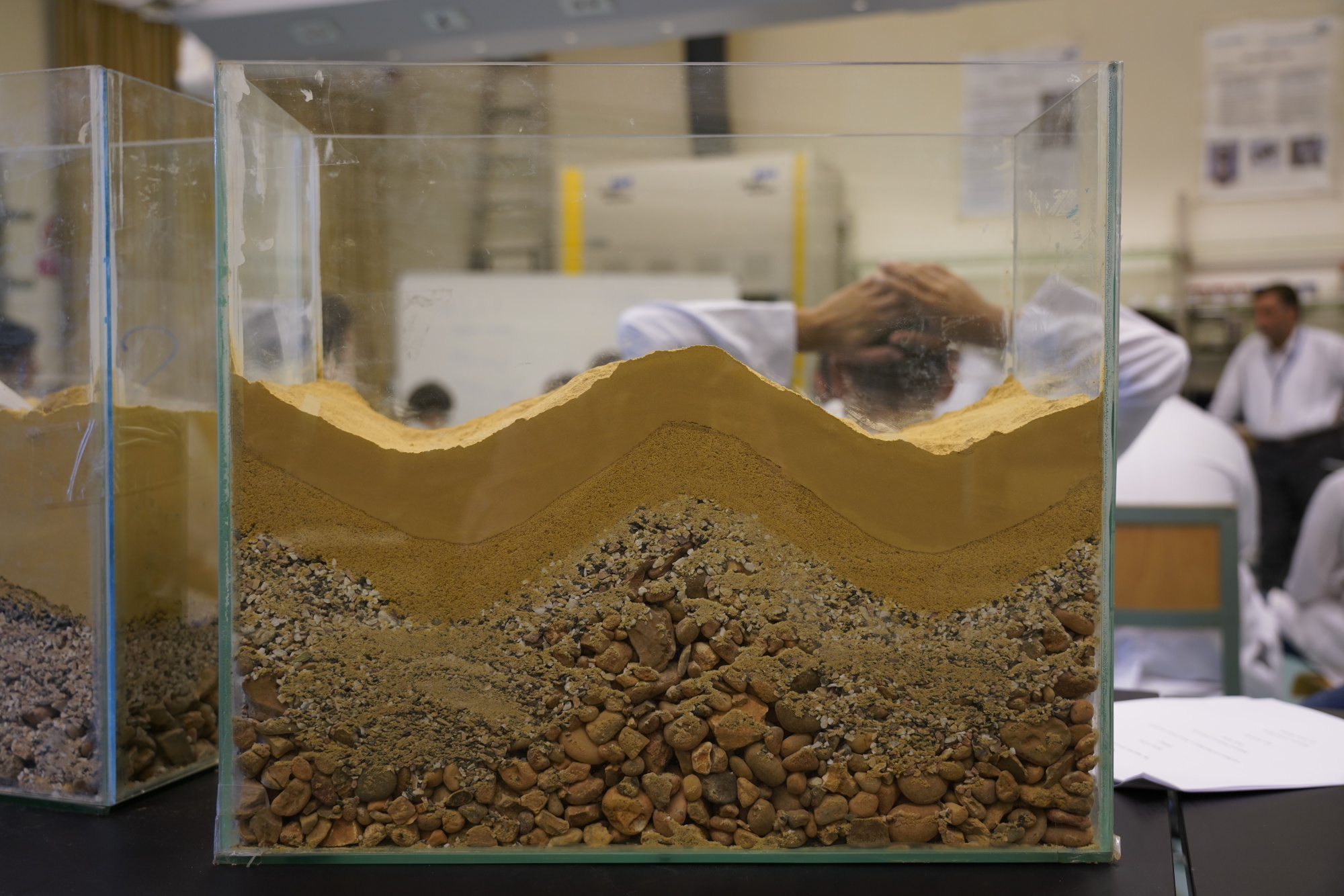
Research
As such, our research covers a wide range of topics, including all stages of oil and gas development, starting from exploration and drilling to formation evaluation, production, and reservoir modeling and performance analysis and forecasting.
Since safety and environmental awareness an integral components of our research, the faculty are also engaged in research covering sustainability, including environmentally friendly material development and carbon capture, utilization, and storage in oil and gas reservoirs.
The faculty are also engaged in alternative energy sources and rock engineering that fall within the expertise of the oil and gas industry, including geothermal wells drilling and completion and blue hydrogen generation from oil and gas resources.
A breakdown of the main research categories and sub-topics that are currently being studied by the petroleum and energy engineering faculty is provided below.
Drilling and Completions Engineering
- New drilling applications “U Well”
- Application of nanotechnology in drilling fluids and cement
- Optimization of the vibration parameters for the Vibro-Seismic applications in drilling
Production Engineering and Flow Assurance
- Novel magnetic artificial lift pump design
- Asphaltene modeling and mitigation
- New artificial lift “Pig System”
- Zero Flaring
Reservoir Engineering and Modeling
- Development of a comprehensive reservoir simulator
- Thermal hysteresis and memory models
- Modeling polymeric fluids with full memory functions
- Application and screening of nanomaterials to enhance oil recovery
- Multiple applications of artificial intelligence in several domains of petroleum engineering
- Reservoir simulation of seismic enhanced oil recovery
- Automation of data analysis and uncertainty handling
- Reservoir fluid modeling
- Nanoparticle integration with low salinity water in enhanced oil recovery
Formation Evaluation
- Acoustic Vibro-Seismic for enhancing field productivity
- Petrophysical and geochemical characterization of potential unconventional shale reservoirs in Jordan
- Correcting the Effects of the Low Salinity Water Injection on Formation Evaluation
- Zone Risk Mapping
- Geophysical Methods Application for Earth Sciences
Energy and Material Sustainability
- Development of low-cost, environmentally friendly cement for oil and gas well cementing
- Carbon dioxide capture screening, method, and economics
- Carbon dioxide utilization to enhance oil recovery
- Carbon dioxide long-term sequestration in depleted oil and gas reservoirs
Alternative Energy and Rock Engineering
- Geothermal well drilling and cementing
- Blue Hydrogen production from oil and gas resources
- Economics of hydrogen generation for large-scale projects
- Application of Data Analytics and AI to Rock Engineering
- Rock Engineering Applications for Cultural Heritage Preservation
- Geophysical methods for ground exploration